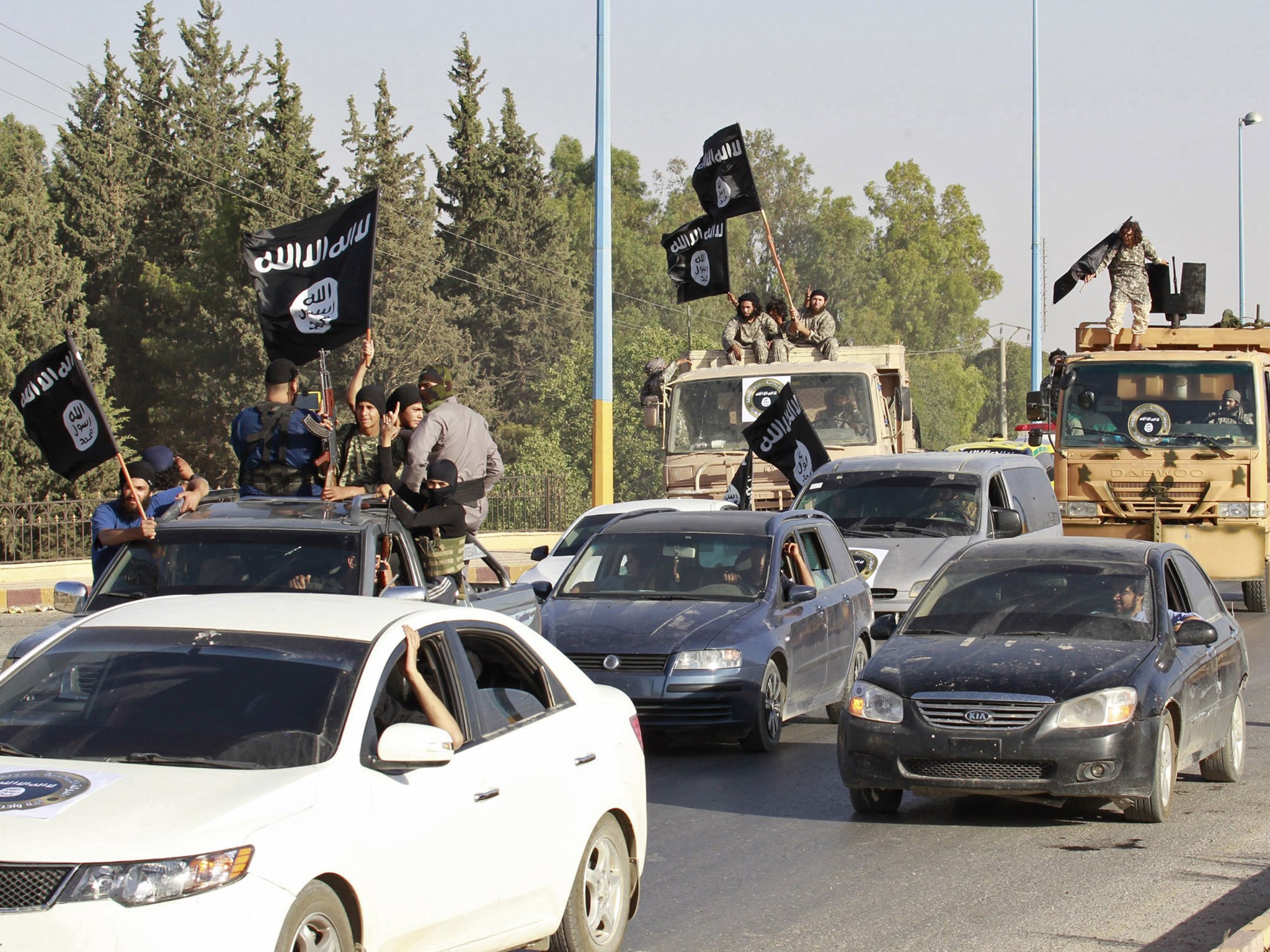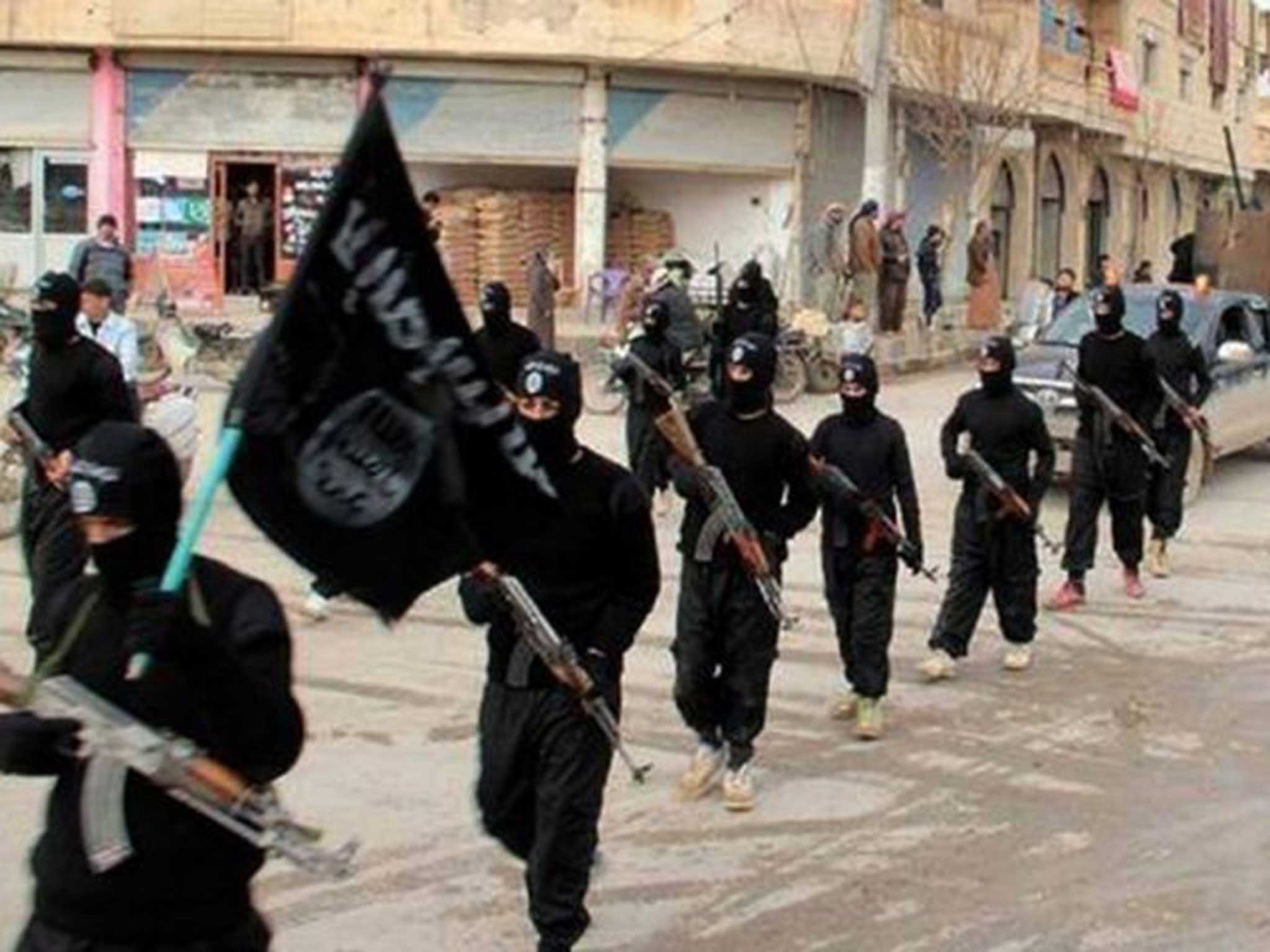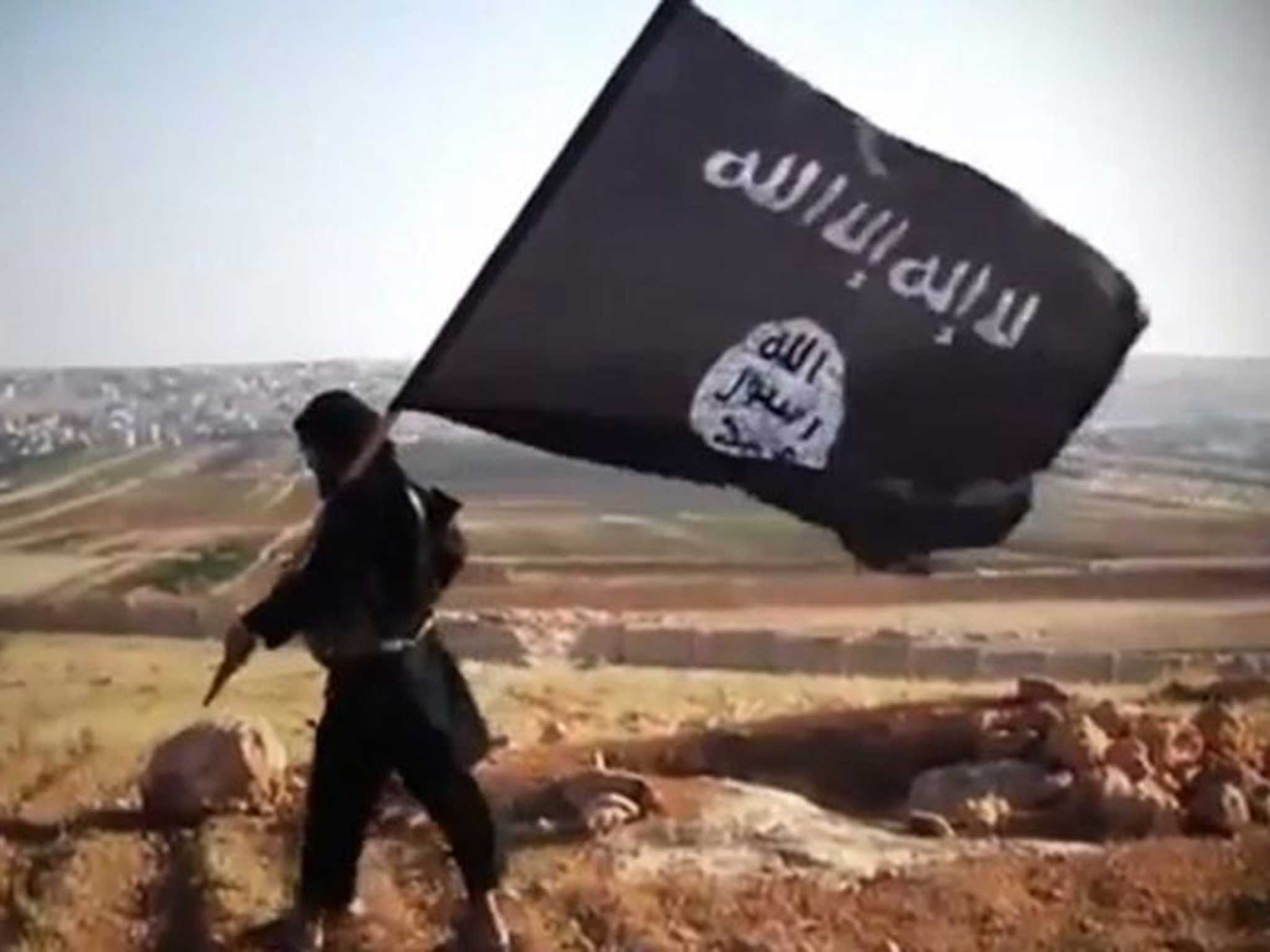Islamic State: ‘The world cares nothing’ for Syrian city under Isis siege
Kurds call for US air strikes as 133 children from Kobani, on the Turkish border, remain hostages


Your support helps us to tell the story
From reproductive rights to climate change to Big Tech, The Independent is on the ground when the story is developing. Whether it's investigating the financials of Elon Musk's pro-Trump PAC or producing our latest documentary, 'The A Word', which shines a light on the American women fighting for reproductive rights, we know how important it is to parse out the facts from the messaging.
At such a critical moment in US history, we need reporters on the ground. Your donation allows us to keep sending journalists to speak to both sides of the story.
The Independent is trusted by Americans across the entire political spectrum. And unlike many other quality news outlets, we choose not to lock Americans out of our reporting and analysis with paywalls. We believe quality journalism should be available to everyone, paid for by those who can afford it.
Your support makes all the difference.Leaders of half a million Kurds attacked by Isis fighters in a besieged enclave in northern Syria have appealed for help from the international community, including US air strikes. The plea came as the US House of Representatives voted to authorise the training and arming of rebels in Syria.
Isis fighters used tanks and artillery captured in Iraq to assault the Kurdish enclave around the city of Kobani, also called Ayn al-Arab, where between 400,000 and 500,000 members of Syria’s Kurdish minority have taken refuge. Idris Nassan, the deputy foreign representative of Kobani canton, told The Independent in a phone interview that the attack by Isis, also known as Islamic State, started on 15 September. “[It] is being made from three sides. So far they have captured 15 villages and we have evacuated another 10 because they are too close to the fighting,” he said.
Speaking from Kobani, Mr Nassan said that for the first time, the city had been hit by rockets, three of which exploded in the centre yesterday. The encircling Isis forces are between 12 and 18 miles from the city, which is surrounded by Kurdish villages held by fighters from the People’s Protection Units (YPG), the Syrian franchise of the Kurdistan Workers Party (PKK). The latter has many battle-hardened veterans experienced in fighting the Turkish army over the past 30 years.
The missiles being fired by Isis at Kobani probably come from an arsenal of weapons including tanks, artillery, Humvees and armoured vehicles captured by Isis when it routed five Iraqi army divisions and captured Mosul and Tikrit in June. Mr Nassan said “they have everything except planes”.
He added that for the first time Isis is using foreign fighters, some 800 of whom are estimated by the YPG to be taking part in the attacks. The YPG is trying to keep down its casualties by not fighting to the end in each village but withdrawing and then staging counter-attacks.
The assault on Kobani underlines the paradoxical nature of the confrontation between the US and Isis. President Obama has been assembling a coalition pledged to contain and eradicate Isis. France yesterday agreed to provide air support in Iraq only. But members such as Turkey and Saudi Arabia have in the past aided jihadi movements. Mr Nassan says that at the Tal Abyad border crossing on the Syrian-Turkish frontier, the Syrian side of which is held by Isis, the Turkish authorities have allowed wounded Isis fighters to seek medical help in Turkey. Turkey denies it has ever given Isis or other jihadis free passage across the 560-mile border.

The YPG and PKK have proved the most effective fighters against Isis but the PKK is still labelled a “terrorist organisation” by the US and Europe. The labelling was done at the behest of Turkey, which fought the PKK from 1984, though a ceasefire was declared in 2013. Turkey has been talking to the imprisoned PKK leader Abdullah Ocalan for five years but US and European officials are still wary of contacts with the Syrian and Turkish Kurds.
Isis has captured most of eastern Syria, defeating both the Syrian army and rebel movements during the summer. Isis fighters are within 30 miles of Aleppo, the largest city in Syria, and have been consolidating their positions elsewhere. They have been moving their headquarters and heavy weapons out of easily identifiable locations in preparation for US air attacks.

The 2.5 million Syrian Kurds, 10 per cent of the population, are mainly in enclaves along the Turkish border. Kobani once had a population of 200,000, but has expanded greatly because of the influx of Kurdish refugees from the rest of the country. Some 400 Kurdish hostages have been taken by Isis, including 133 school children aged between 13 and 14 who were abducted on 30 May as they returned to their homes in Kobani after taking their junior high school final exams in Aleppo.
The siege of Kobani has not attracted much publicity, far less than that of the Old City of Homs, but if it did fall then its half-million Kurds would be at risk. The pro-opposition Syrian Observatory for Human Rights is quoted as saying that there are fears of massacres in the villages seized by Isis. In addition to eliminating the Kurds as opponents, Isis wants to establish its hold on the border region with Turkey across which it can bring in supplies and foreign volunteers. Mr Nassan says the siege of the enclave is not complete since “we can still buy food at high prices from Arab brokers” but he adds that “unfortunately, the world cares nothing about what happens in Kobani”.
Join our commenting forum
Join thought-provoking conversations, follow other Independent readers and see their replies
Comments